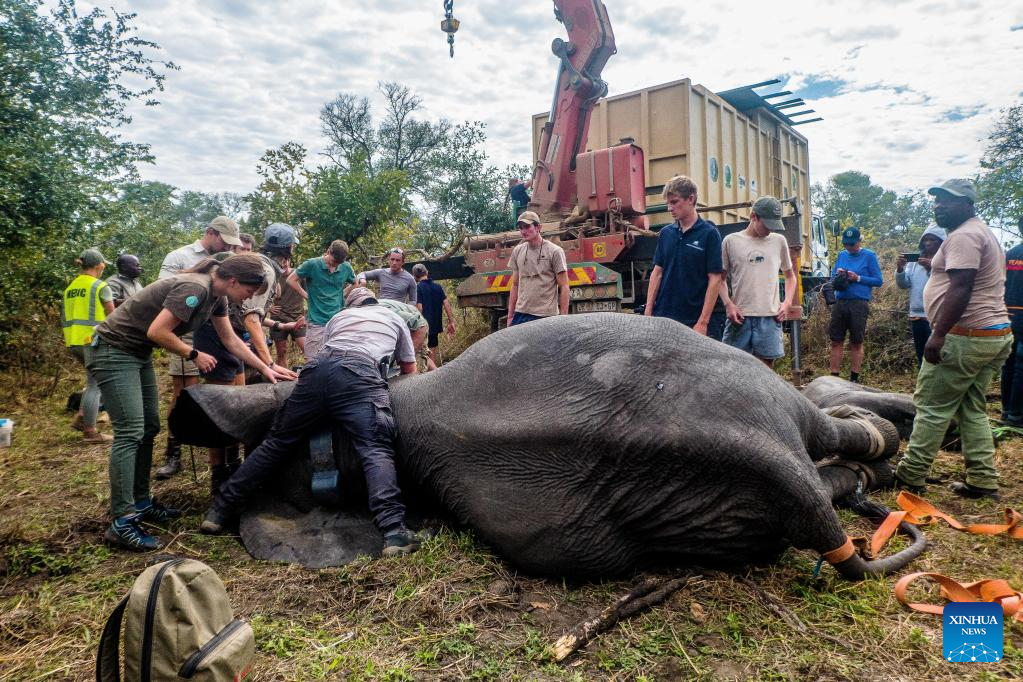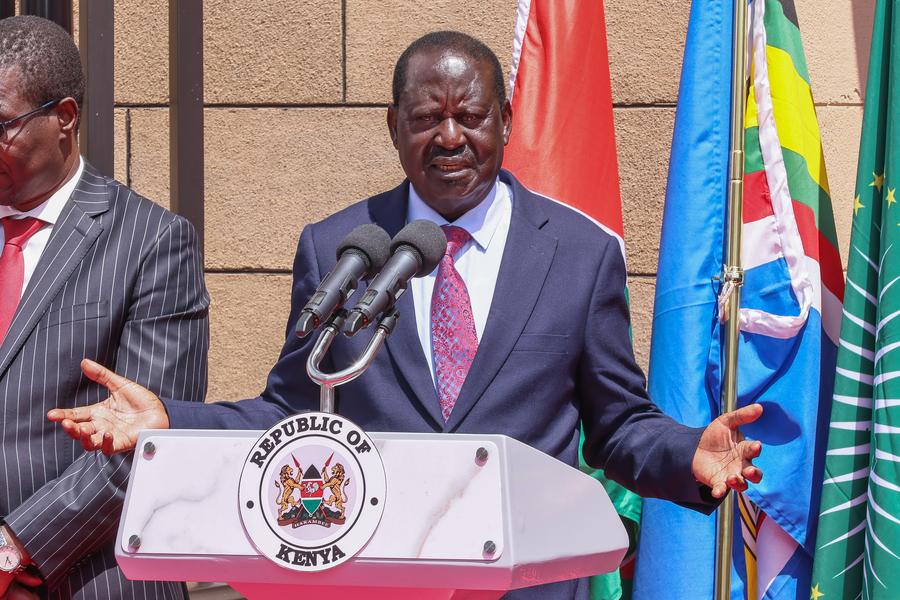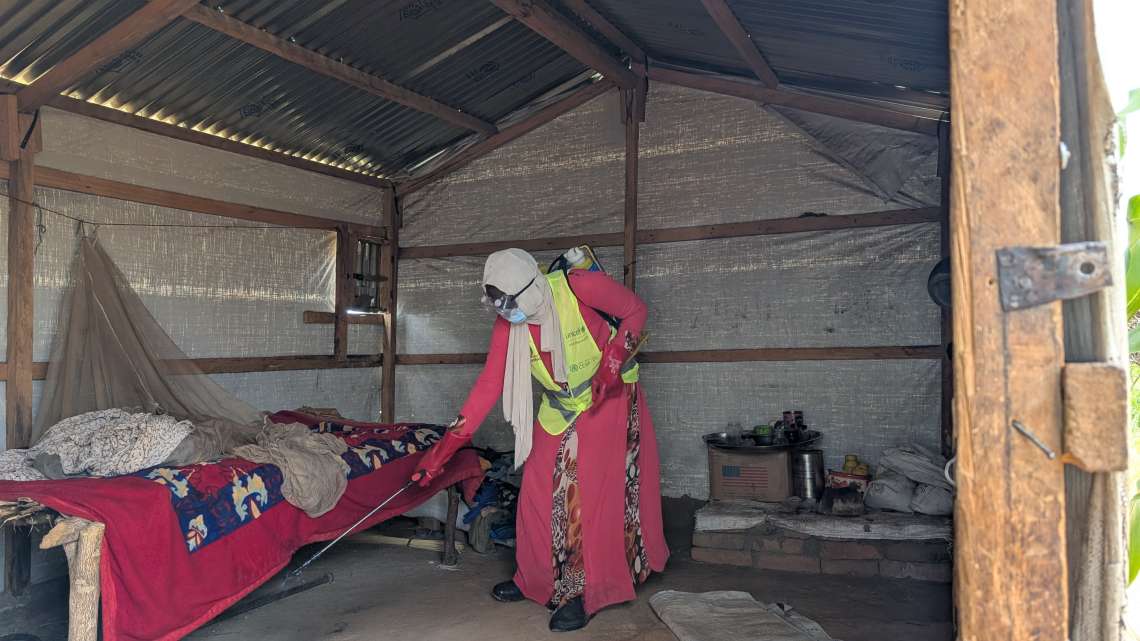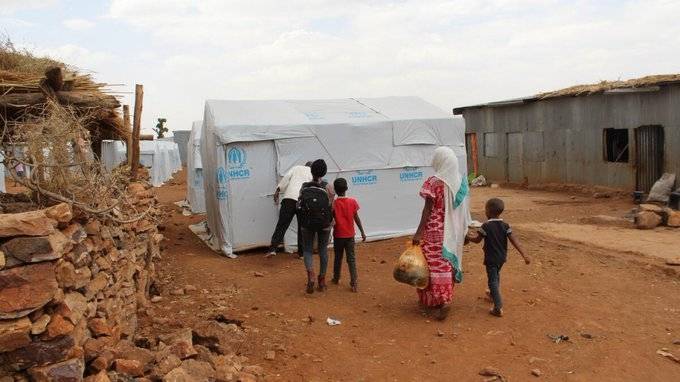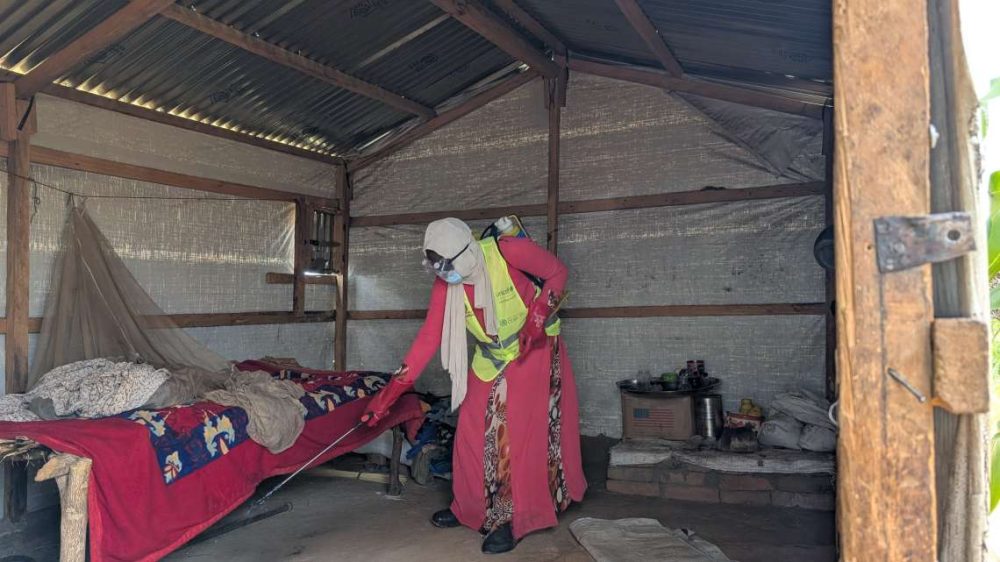Malawi has carried out a program to translocate 250 elephants and 405 additional wildlife from Liwonde National Park to Kasungu National Park as part of a national conservation initiative…reports Asian Lite News
This move aims to tackle over population at Liwonde, where cases of elephants straying into human communities around the park were becoming a concern.
This is the second translocation in three years, with 300 elephants moved to Nkhotakota Game Reserve in 2019.
The species had almost disappeared at Kasungu National Park in central Malawi with around 50 specimens compared to 1,200 around 50 years ago, mainly due to poaching for ivory.
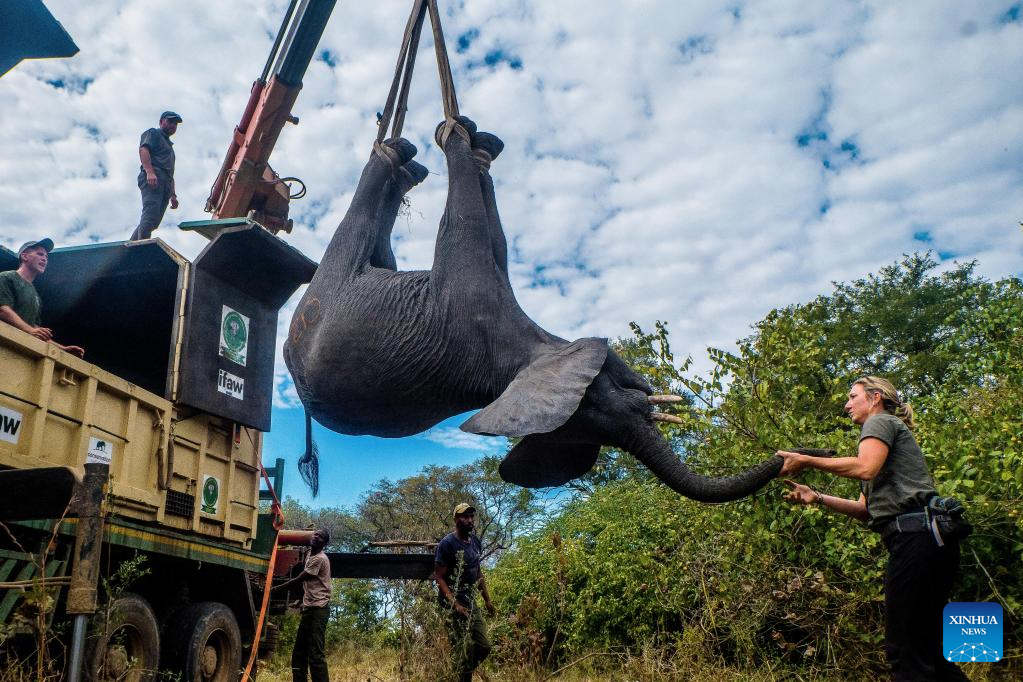
“Poaching has decreased and the number of elephants has increased, there are now 120 elephants. But the population is still too low to be viable. The introduction of 250 additional elephants will change this scenario,” Patricio Ndadzela, from the International Fund for Animal Welfare (IFAW) in Malawi, said.
The animals will be transferred between June 27 and July 29. In Liwonde, poaching has almost disappeared and elephants are now overpopulated.
Other animals will also be transported such as buffaloes, impalas or even warthogs.
In 2016 and 2017, 520 elephants were moved from Liwonde Park to ease pressure on their habitat and reduce conflict with humans.
“The number of elephants is increasing, which puts pressure on the natural resources of the park and creates situations of conflict with local communities”, explains the conservation organization African Parks in the same press release.
ALSO READ:Tanzania pays Tributes to Nyerere
Malawi is home to around 2,000 elephants. Southern Africa is home to 70 per cent of the continent’s population.
Some countries in the region such as Zimbabwe, where the population is on the rise and fatal accidents with men have increased, are calling for a lifting of the global ban on the ivory trade.
In other African countries, however, the situation remains critical after decades of poaching. According to the International Union for Conservation of Nature (IUCN), the savannah elephant (Loxodonta Africana) is “endangered”, and its smaller cousin, the forest elephant (Loxodonta Cyclotis), is “in critical danger of extinction.”


